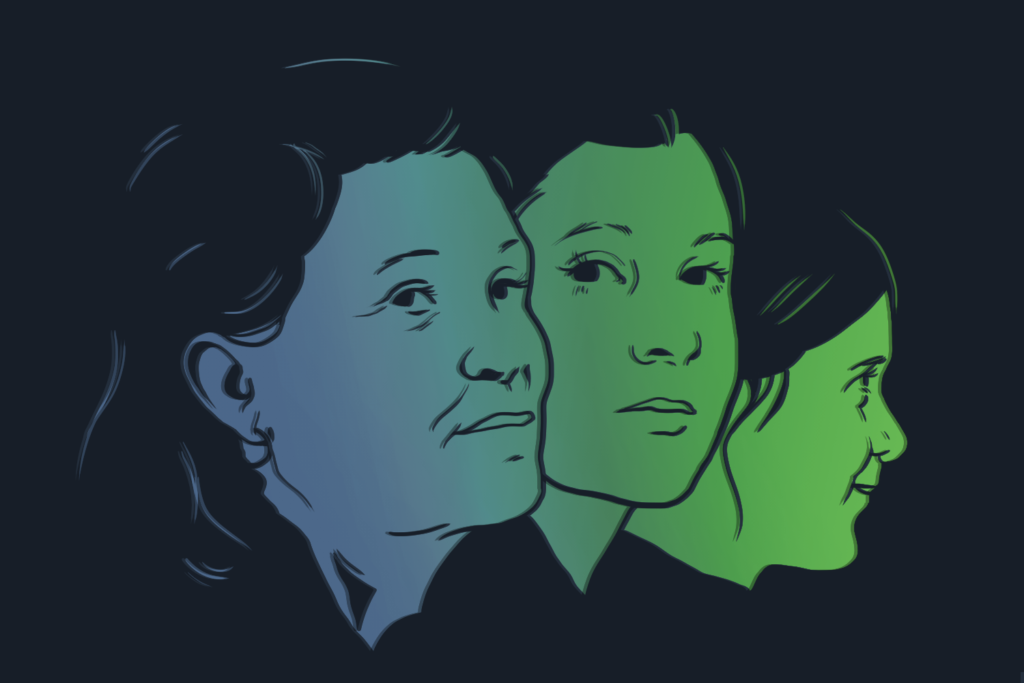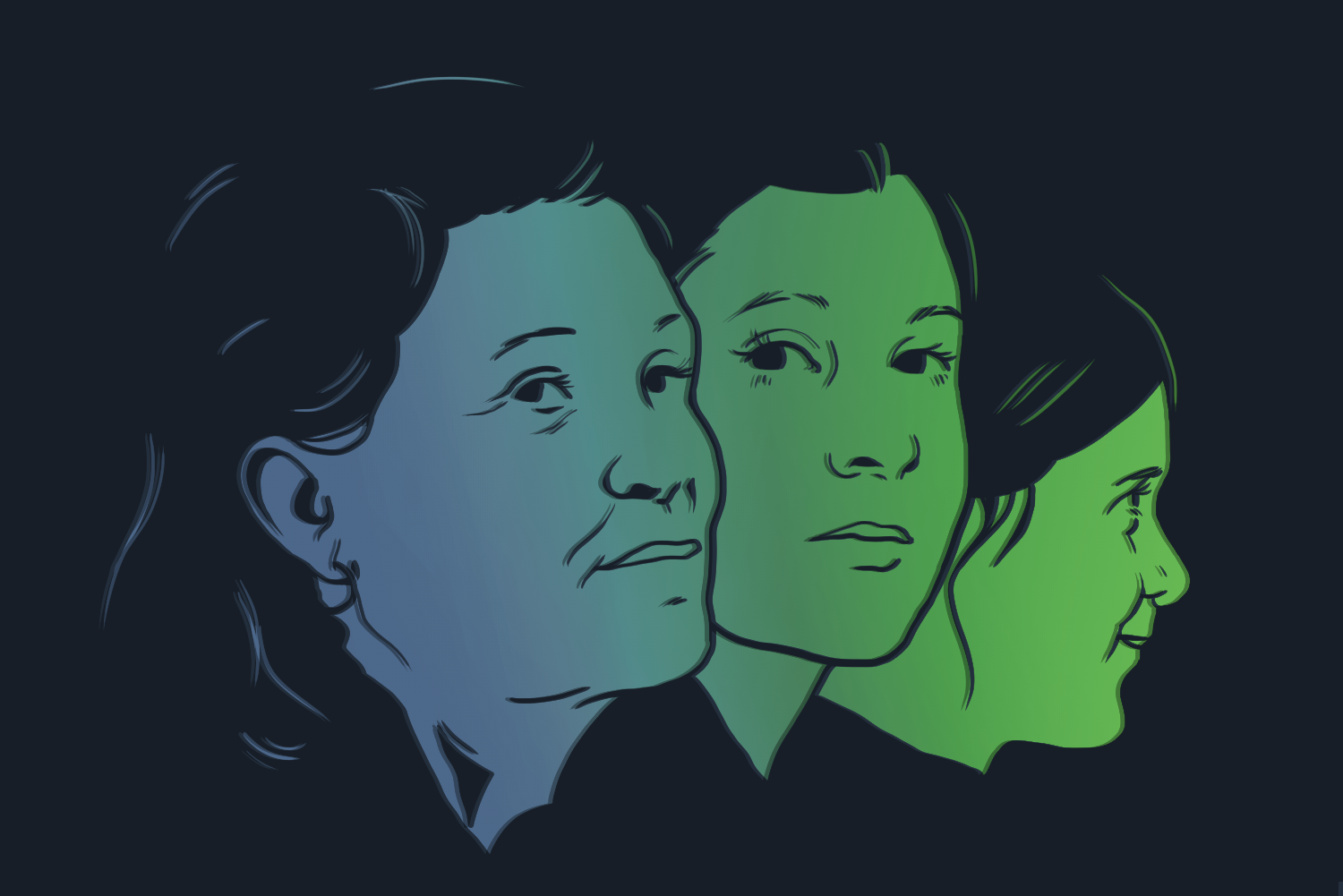Carrie Fisher wrote in “The Princess Diarist” that, “While there’s still time for Carrison to grow old together, that gateway is steadily closing. If we’re going to get back together we’re going to have to do it soon.”
These words break my heart.
I admire Carrie Fisher deeply. She’s one of my earliest heroines. From her iconic role opposite two grandstanding men in “Star Wars,” to her willingness to bare stories of her own mental illness in order to ease the stigma, I adore her. From her refusal to be silent to her insistence that the world see her for herself and not merely her body, Fisher is one of the metaphorical mothers who gave birth to my own career as a writer and feminist commentator.
Fisher was everything I aspire to be. She was strong enough to kick down doors that wouldn’t open for her. She broke the rules of what can be said when, and did this with so much style and sass that she got away with it.
Still, she speaks to the cost of violating the norms of how women ought to behave. She shared her wisdom with a world that rewarded her with appreciation, not respect or love.
Like so many women who choose to go our own way, she fell in love with a man who had only contempt for her. Like too many independent women, her desire to fit in with the guys led to a near-sexual assault that Harrison Ford interrupted like a knight in shining armor, only to take advantage of her in new and different ways.
The first loves of bold women beset with insecurities — women like Fisher and I — never work out. We’re so brave about some things, so cowed about others. So used to being graceless, fat, unruly, and brassy in a world of men who laugh at our jokes but see us as nothing more than easy hookups.
Ford was married when he met Fisher. He is married now, to Calista Flockhart, a tiny blonde woman whose malleability and pixie cuteness built her career.
I learned not to expect respect or romantic love from watching how men like Ford treat women like Fisher. I met a man I thought was “the one,” once. I wouldn’t eat in front of him. I wouldn’t say anything too controversial when he was within earshot. I lived in terror of the day he’d leave me for the Calista Flockhart of the story. Sure enough, he did.
Ford remains married to Flockhart, decades later. That is to say, the man who seduced Fisher when she was drunk, vulnerable, and had just narrowly escaped a crowd of men threatening to rape her, remains married to a woman whose career is primarily remembered for her shrinking frame and the blow she dealt to feminism. Ford was never going to love Fisher the way she deserved to be loved.
Maybe her love for him was only a trauma bond. Between George Lucas pressuring the novice actress to film topless and the fact that the filming atmosphere itself was laden with threats of sexual violence, maybe Fisher remained subconsciously convinced that Ford was the only one who would save her.
I can attest from experience that some women do that. I’m still convinced I’m in love with a man I haven’t seen for years. In some way, I love him for him, but I also know I’m “hooked” on him because of the circumstances under which we met. I met him when I was surrounded by men who made it clear they wanted to have me and made it equally clear they didn’t care what my thoughts on the matter were — like Fisher. I thought he would save me from patriarchy, but patriarchy was in him, as patriarchy is in us all.
Men who benefit from the endless perpetuation of rape trauma and the ways it silences women are also culpable in more overt instances of sexual violence. I’m still convinced that if I can just prove my worth to him, maybe he’ll fight for me, against the real source of violence in my life.
This isn’t what you might call “healthy.” What it is instead, I think, is human. It’s human in a way women are rarely allowed to be.
Fisher needed a heroic version of Ford who’d take her drunken self home and make sure she was safe. I needed a man who’d save me from sexual violence. Ford taught Fisher that her vulnerability was total, and the man I fell for taught me that my sexuality was shameful and so all I had to look forward to was violation.
Fisher spent her last years wishing Ford would love her anyway. She wished he’d fly her into a universe where she could be General Leia Organa, where patriarchy was a myth, where a woman’s safety was guaranteed no matter who she slept with. She wished he would love her enough to transcend patriarchy and its limitations on his behavior and hers, but it did not.
Even in death, Fisher has inspired me yet again — to avoid dying with the same unfulfilled wishes.


